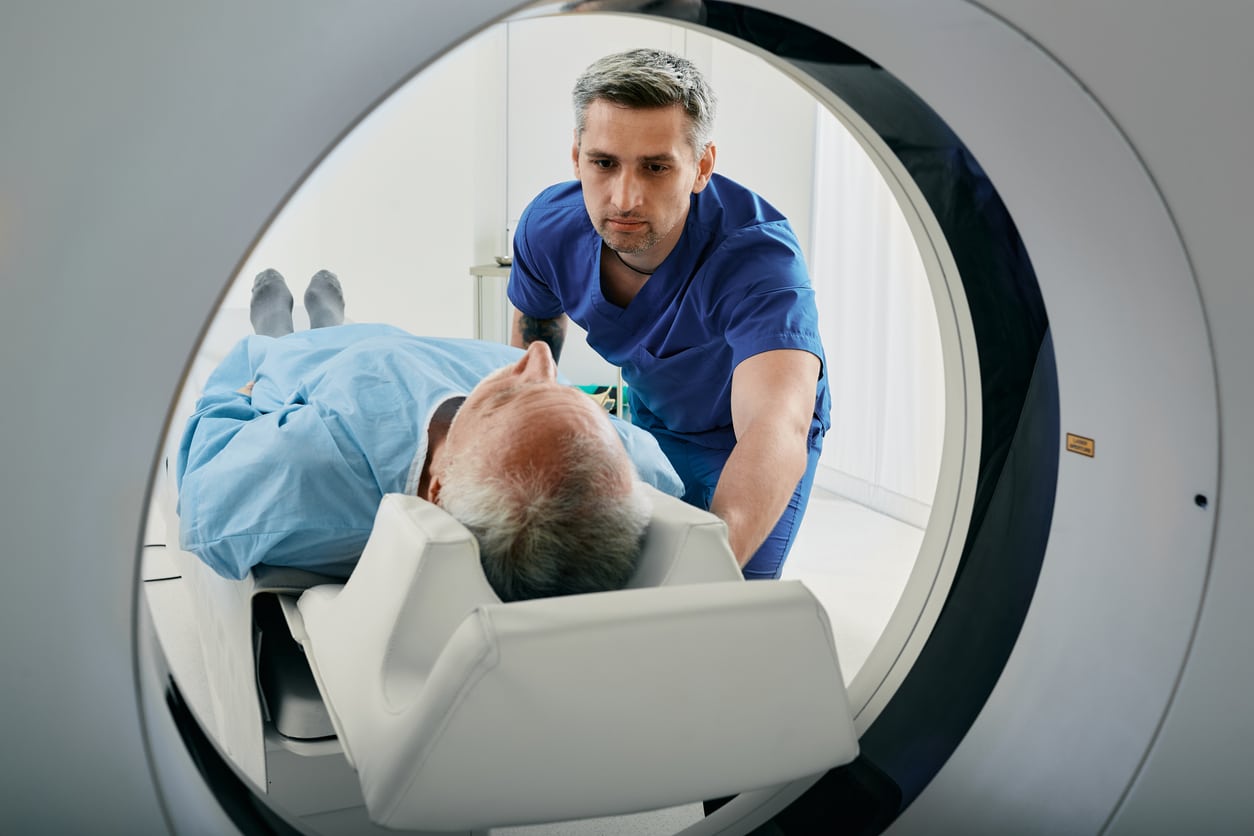More than three million people in the United States have otosclerosis. Otosclerosis occurs when an abnormal bone growth in the middle or inner ear prevents sound from effectively traveling through the ear, resulting in mild to severe hearing loss.
Over the course of your life, the bone tissue in your ears renews itself by replacing old tissue with new. When bone tissue grows abnormally, it can result in otosclerosis.
How Is Otosclerosis Diagnosed?

Symptoms of otosclerosis may include but are not limited to:
- Hearing loss in one or both ears
- Trouble understanding whispering or low-pitched sounds
- Balance issues or vertigo
- Ringing or buzzing in the ears
- Speaking quietly because your voice sounds loud
If you suspect you may have otosclerosis, an ear, nose and throat (ENT) specialist will first rule out other health conditions that share the same symptoms. After they rule out other conditions, your ENT specialist will administer tests, including:
- Audiogram. An audiogram will measure the range of your hearing across multiple frequencies.
- Tympanogram. A tympanogram measures how well the eardrum vibrates in response to the air pressure in the ear canal.
- Computed tomography (CT) scan. A CT scan allows your provider or specialist to examine the bones and tissues inside your ear to identify abnormalities.
How Can You Manage Otosclerosis?
Your treatment options will vary based on the severity of your condition and the location of the irregular bone causing it. Two options you may have available to you include:
- Hearing aids. Hearing aids are a great option if hearing loss from your otosclerosis negatively impacts your life. The small but technologically advanced devices can help improve communication in all aspects of your life, from conversations with your friends to ordering dinner during a busy night at Black Canyon Restaurant.
- Stapedectomy. During a stapedectomy, your ENT specialist will place a prosthesis in your middle ear. The prosthesis will bypass the stapes bone, allowing sound to travel through your ear. Eligibility for stapedectomies will vary from case to case.
For more information on treating or managing your otosclerosis, contact Ear, Nose & Throat Associates today to make an appointment with one of our trusted specialists.